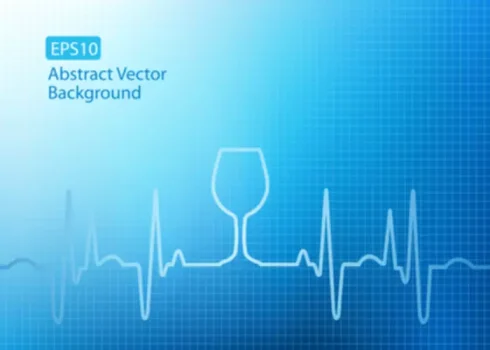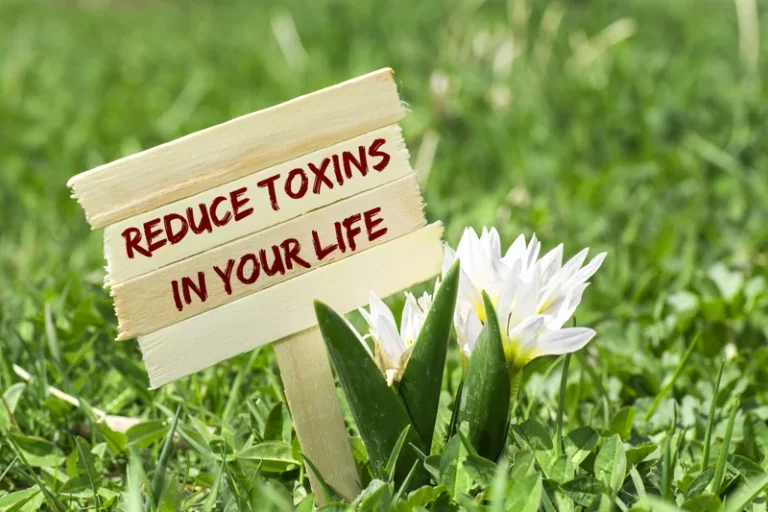
It applies only to patientsundergoing hospitalized, regimented care – a very different environment toself-administration. That was until Purdue Pharma, the manufacturerof prescription opioids, began to cite the letter as evidence for the safety ofOxycontin. People who are predisposed to drug use may like the way pain relieves their stress or masks mental health symptoms or trauma. Both OxyContin and oxycodone can lead to physical dependence and addiction if taken in high doses or for extended periods of time. OxyContin is legal to consume with a prescription by a healthcare provider and is approved by the FDA. It is a controlled substance under Schedule II in the United States, meaning it has as high potential Sober living home for abuse, but it has accepted medical benefits as well.
What could Trump mean for the business of health? Scenarios for an RFK Jr. HHS
- But with the introduction of OxyContin in 1996, there has been a marked escalation of abuse.
- OxyContin contains oxycodone, a strong pain reliever that helps reduce pain by activating opioid receptors in the nervous system.
- On January 16, FDA announced an open period for applications to support the development, implementation, and evaluation of a human abuse potential study on the use of botanical kratom.
- For those who have insurance, using health insurance to pay for rehab should cover at least some of the cost of addiction treatment.
- The product has been formulated with properties intended to deter abuse, and the applicant has submitted data to support these abuse-deterrent properties for this product.
- An interaction between two medications does not always mean that you must stop taking one of the medications; however, sometimes it does.
Someone prescribed OxyContin may become dependent on the drug due to chemical changes in the brain after prolonged use, causing the user to experience withdrawal symptoms if use is ceased or reduced. In many cases of OxyContin addiction, users will turn to illicit means of obtaining the drug once the doctor’s prescription runs out. OxyContin contains between 10 and 80 milligrams of oxycodone in a timed-release formula that allows up to 12 hours of relief from chronic pain. What distinguished OxyContin from other analgesics was its long-acting formula, a blessing for patients who How Addictive Is OxyContin typically need round-the-clock relief. WebMD talked to experts about OxyContin as a legitimate medication for moderate to severe pain, the dangers of abuse, the issue of addiction, and the climate of suspicion that restricts patients’ access to the drug. Yes, the repeated abuse of prescription opioids can lead to an opioid use disorder (OUD), with addiction the most severe form of the OUD.
- Typically derived from the opium poppy plant or synthesized in a lab to mimic the plant’s effects, opium helps the body find relief from pain, creating relaxation.
- After detox, it is often most effective to engage in an inpatient treatment program that allows the addict to attend meetings, receive counseling, and focus on recovery without outside distraction.
- With the delayed-release technique, executives theorized, the drug would last 12 hours — at least twice as long as generics and the high end of MS Contin’s range.
Links to NCBI Databases

As is often said, without data you cannot improve, so collecting patient satisfaction data has value. But it is important to separate excellent patient satisfaction from excellent quality of care. Of course Press Ganey monetized their concept, selling not only =https://ecosoberhouse.com/ patient satisfaction surveys but also consulting services to help hospitals improve their patient satisfaction.
- FDA initially notified application holders of required safety labeling updates needed for immediate-release and extended-release/long-acting opioid analgesics in an April 2023 Drug Safety Communication.
- Oxycodone abuse can be hard to recognize if you don’t know what to look for.
- In 2014, the analysis found, more than 52% of patients taking OxyContin longer than three months were prescribed doses greater than 60 milligrams a day.
Take Our “Am I Addicted to Oxycodone?” Self-Assessment

She had struggled with back pain since age 14, when she was thrown from a horse while practicing for an equestrian competition. Despite the results of the clinical trials, Purdue continued developing OxyContin as a 12-hour drug. At a 1995 meeting, Purdue executives described how OxyContin could “cure” the “vulnerability” of generic competition and laid out how they planned to market the drug.

Some street drugs are laced with contaminants or much more powerful opioids such as fentanyl. The number of deaths from using heroin has gone up since more heroin now contains fentanyl. For some people, the fact that opioids come from a medical doctor’s office with a prescription may make them think they’re safer to use.
Uses of OxyContin
If no takeback program is available in your area, ask your pharmacist for help. An inpatient facility combines physical and mental healthcare away from your home environment. After you undergo a detox, you engage in individual and group therapy to address the root cause of your addiction to oxycodone.
- Researchers surveyed chronic pain patients treated with OxyContin and reported that less than 2% said the drug lasted 12 hours and nearly 85% said it wore off before eight, according to a 2003 journal article detailing the research.
- OxyContin has a risk of addiction, abuse, and misuse as an opioid (narcotic) medication, even if you take your dose correctly as prescribed.
- Several weeks ago, the Centers for Disease Control and Prevention issued guidelines for prescribing opioids in chronic pain, Congress passed the Comprehensive Addiction and Recovery Act of 2016, providing millions of dollars for prevention and treatment efforts, and the U.S.
Over the next decade, Purdue sunk more than $40 million into development of OxyContin, Paul D. Goldenheim,then-vice president of scientific and medical affairs, wrote in a 2003 court declaration. In a 1990 memo, Robert F. Kaiko, vice president for clinical research, laid out why it was important to develop a second painkiller. The company’s owners were the Sacklers, a New York family of physicians and philanthropists who bought Purdue in 1952. By the late 1980s, the patent on its main source of revenue, a morphine pill for cancer patients called MS Contin, was running out. Executives anticipated a massive loss of revenue as generic versions drove down the price of MS Contin, according to internal company correspondence from the period.
Rapidly delivering all the medicine to your body can cause an accidental overdose. Taking more than your prescribed dose of opioid medicine, or taking a dose more often than prescribed, also increases your risk of opioid use disorder. If you’re taking opioids and you’ve built up a tolerance, ask your healthcare professional for help. Other safe choices are available to help you make a change and keep feeling well.














